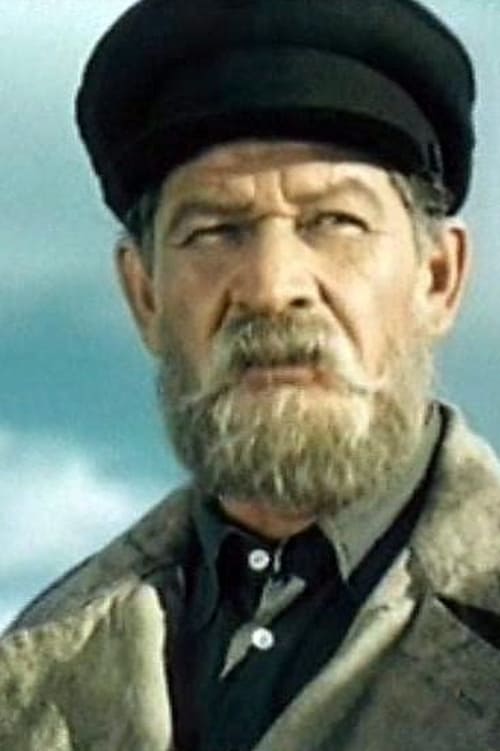Aleksandr Antonov
Birth : 1898-02-12, Moscow, Russian Empire
Death : 1962-11-26
History
From Wikipedia, the free encyclopedia
Aleksandr Pavlovich Antonov (1898 – 1962) was a Russian film actor who had a lengthy career, stretching from the silent era to the 1950s.
His best known role was as Grigory Vakulinchuk in Sergei Eisenstein's film The Battleship Potemkin. He also had a part in another Eisenstein film, Strike.
Description above from the Wikipedia article Aleksandr Pavlovich Antonov, licensed under CC-BY-SA, full list of contributors on Wikipedia.
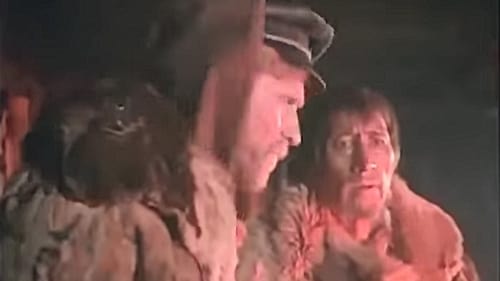
Otets Raisy

Caretaker
A story about three circus actors and their adventures. Based on classic novel by Aleksandr Kuprin.
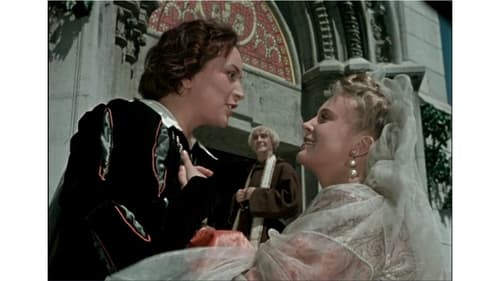
морской капитан
Shakespeare's comedy of gender confusion, in which a girl disguises herself as a man to be near the count she adores, only to be pursued by the woman he loves.

A girl from a small village goes to the big city to realize her dream of driving trains.

('Potemkin' sequence) (archive footage)
Archive footage from Potemkin (1925), with English dialogue dubbed in by American actors, is combined with new footage to tie together the brave stand of Odessa Russian guerrilla bands of the 1940's against German forces with the similar situation of 1905 when Odessa citizens aided in the revolt against the Czar as depicted in Eisenstein's classic Potemkin (1925).
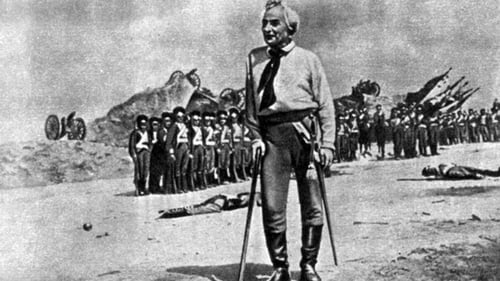
Col. Tyurin (as A. Antonov)
Primarily a biographical documentary about the military career of Alexander Vasilvich Suvorov, who was Field Marshal of the armies of Catherine the Great and Czar Paul I. After many military successes during the reign of Catherine, General Suvorov broke with her successor, Paul I, the Mad Emperor, over questions regarding army policy. He went into retirement and wrote "The Science of Victory," containing maxims such as "Swiftness of movement accompanies victory," and "the real general is he who defeats the enemy before reaching him." The czar recalled Suvorov to become the leader of the joint armies of Russia and Austria against Napoleon.

полковник
The plot is built around two charming sisters — a strict, wayward Galina, an assistant professor of mathematics, and a windy, frivolous student Shurochka. Despite the fact that the girls are so different, they are looking, of course, for one thing — love. The events take place in the summer pre-war Moscow and in the country where both sisters go: one in order to prepare for the re-examination, the other — to conduct math classes with the military from the Yuryev Camps located near the dacha village.
Funny and difficult situations, intrigues, tears, joy — all this will be experienced by young girls on the way to their happiness.

Film deals with Stakhanovite movement. Old miners try to sabotage young man's plan to renew methods of getting coal.

Данило Будяк
A comedy about the happy life of Ukrainian collective farmers. Harvesting in one of the Ukrainian collective farms. The tractor driver Pavlo and the best collective farmer Marinka work perfectly. They love each other. I like not only Paul. The official and adventurer Kovynko has long been yearning for the Marinka and building all sorts of intrigues to the Komsomol members.

Once a long ago the father of Ostap left a village and came on earnings to Donbas. The lined up a shanty put beginning to miner's settlement of Sobacheevka. Ostap went on the way of father, thirty years of bending a back on the owner of mine. And when a father was driven out from work, Ostap understood that it is senseless to blame in the troubles only master.

повар
While his wife takes care of the daily shopping, the Soviet soldier Lastochin takes care of preparing the children's meals. Tired by this task, he decides that he will eat only in the popular canteen.

During the Russian Civil War, pilot Sergey Sedov engages in battle with the Black Cat enemy fighter, controlled by the famous pilot Baru. In the battle, Sedov wounded Baru, but Sedov's plane fell apart in the air. Sedov was only miraculously saved. A few years later, Sedov and Baru meet in international competitions in Tehran. Baru are to defend the honor of a French company, Sedov and his student Ivanov - the honor of their country. In the end, the defeated Baru can only express hope of a rematch during a new meeting with Sedov in a future war. The film has not survived.

A humble and honest cashier is robbed while carrying a large sum of money and the bag ends up in the basement of a building. When he later discovers that the robber has not taken it with him, he decides to keep the money making everyone believe that the thief has the bag.

On liberation from prison of a group arrested after the defeat of the 1905 Russian revolution and workers sentenced to death.

The village youth organize a collective farm in the place of the monastery garden.

A little girl denounce her evil step-father who plotted against the communist movement. The film, under the influence of Russian formalism, has some interesting experimental compositions.

During the Civil War following the Bolshevik Revolution, a Red cavalry officer is warned by a staffer from headquarters about his dangerous attraction to the female leader of a band of Cossacks, a violent woman who is aroused by killing.
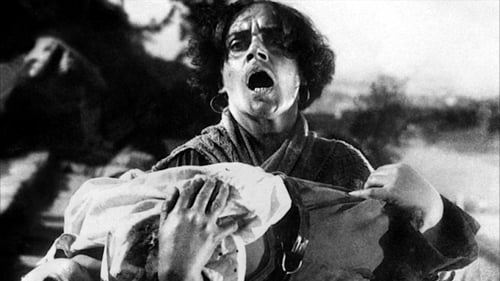
Assistant Director
A dramatized account of a great Russian naval mutiny and a resultant public demonstration, showing support, which brought on a police massacre. The film had an incredible impact on the development of cinema and is a masterful example of montage editing.

Grigory Vakulinchuk
A dramatized account of a great Russian naval mutiny and a resultant public demonstration, showing support, which brought on a police massacre. The film had an incredible impact on the development of cinema and is a masterful example of montage editing.
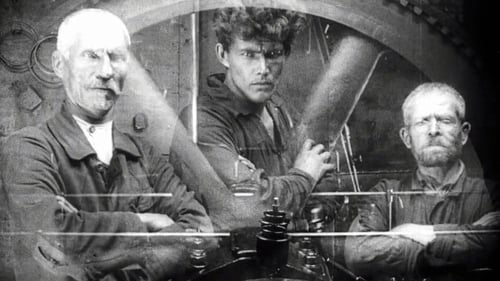
Member of Strike Committee
Workers in a factory in pre-revolutionary Russia go on strike and are met by violent suppression.
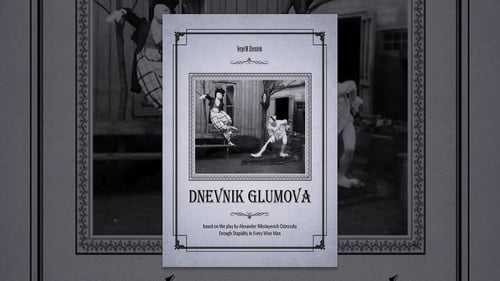
Joffre
Filmic insert to Eisenstein's modernized, free adaptation of Ostrovskiy's 19th-century Russian stage play, "The Wise Man" ("Na vsyakogo mudretsa dovolno prostoty"). The anti-hero Glumov tries to escape exposure in the midst of acrobatics, derring-do, and farcical clowning. Several members of Eisenstein's troupe at the legendary "Proletkult" stage theatre in Moscow briefly appear in this little film.
